ARS scientists conducted research to determine if America’s agricultural system is safe from COVID-19.
Search Articles
-
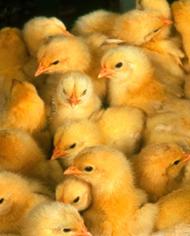
ARS scientists conducted research to determine if America’s agricultural system is safe from COVID-19.
Mar 11, 2022 -

ARS scientists conducted research to determine if America’s agricultural system is safe from COVID-19.
Mar 10, 2022 -
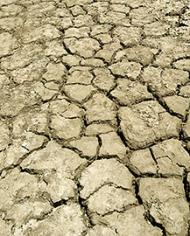
ARS researchers and the USDA Southwest Climate Hub developed a new set of tools aiming at helping farmers, ranchers, and other stakeholders plan for serious environmental challenges.
Mar 02, 2022 -

ARS researchers collaborated with scientists from the University of Florida to develop a simpler method to sterilize mosquitoes.
May 03, 2022 -
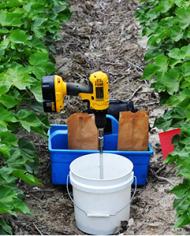
Researchers have developed a new, easier way to find the answer to the question, "How much carbon is stored in soil?"
Mar 14, 2022 -
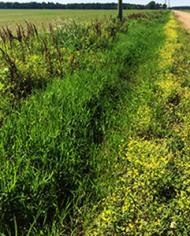
ARS researchers found that keeping plants in drainage ditches can benefit the aquatic ecosystem
May 02, 2022 -
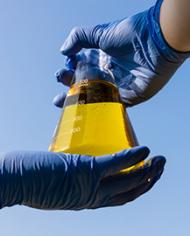
ARS scientists are investigating ways to ensure agriculture can produce renewable fuels that will help diminish our carbon footprint.
Mar 14, 2022 -
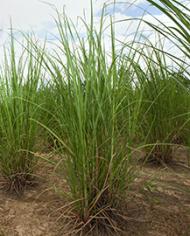
Scientists conducted research on how farm management practices could maximize elephant grass’s utility as a bioethanol feedstock.
Mar 10, 2022 -
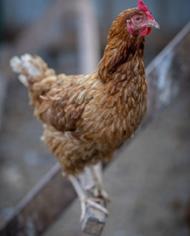
ARS researchers in Temple, TX, employed adaptive nutrient management to determine preferred balances on farms.
Mar 08, 2022 -

ARS researchers used computer modeling to predict the limited potential of livestock transmission of SARS-CoV-2.
Mar 04, 2022 -
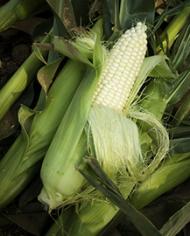
A team of researchers and their partners have found another way to conserve water: late planted corn.
Mar 03, 2022 -
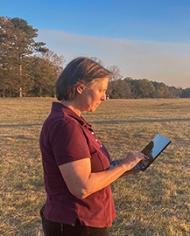
ARS researchers have developed a unique mobile system that assesses and maps out soil carbon to a depth of 30 centimeters (the plow layer) – all in real time.
Mar 01, 2022 -

ARS scientists are investigating ways to ensure agriculture can produce renewable fuels that will help diminish our carbon footprint.
Feb 28, 2022 -
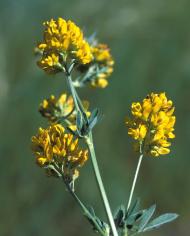
Beef producers in the western United States have been searching for alternatives to nitrogen-rich fertilizers .
Feb 28, 2022 -

ARS scientists are investigating ways to ensure agriculture can produce renewable fuels that will help diminish our carbon footprint.
Feb 28, 2022 -
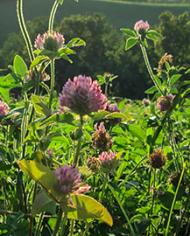
Red clover in cattle diets could give them additional defense against fescue toxicosis, caused by the consumption of fungus-infected tall fescue when grazing.
Feb 28, 2022 -
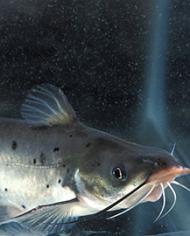
ARS researchers and Villanova University researchers looked at compounds called pyranopyrans that have significant antibacterial properties against a certain fish pathogen.
Feb 25, 2022 -
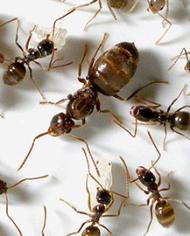
ARS scientists and the Foundation for the Study of Invasive Species in Argentina, conducted research to further understand tawny crazy ant behavior.
Feb 24, 2022 -
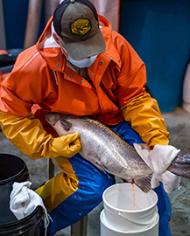
An improved genome reference sequence for the North American Atlantic salmon and the first DNA chip enables the use of genomic information in breeding strategies.
Feb 22, 2022 -

An improved genome reference sequence for the North American Atlantic salmon and the first DNA chip enables the use of genomic information in breeding strategies.
Feb 22, 2022 -
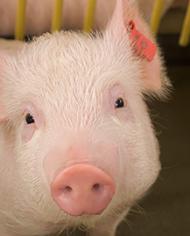
ARS scientists at the Plum Island National Animal Disease Research Center are preparing countermeasures in case of the arrival of African Swine Fever in the United States.
Feb 14, 2022 -
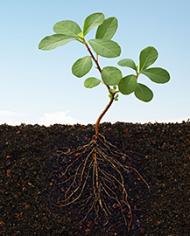
A new protocol addresses sources of variability and uncertainty in measuring microbial community composition and its connection with agricultural management and changing climate.
Feb 10, 2022 -

Scientists conducted research on how farm management practices could maximize elephant grass’s utility as a bioethanol feedstock.
Jan 28, 2022


